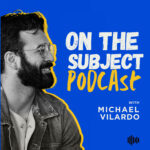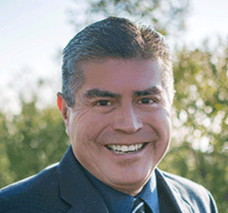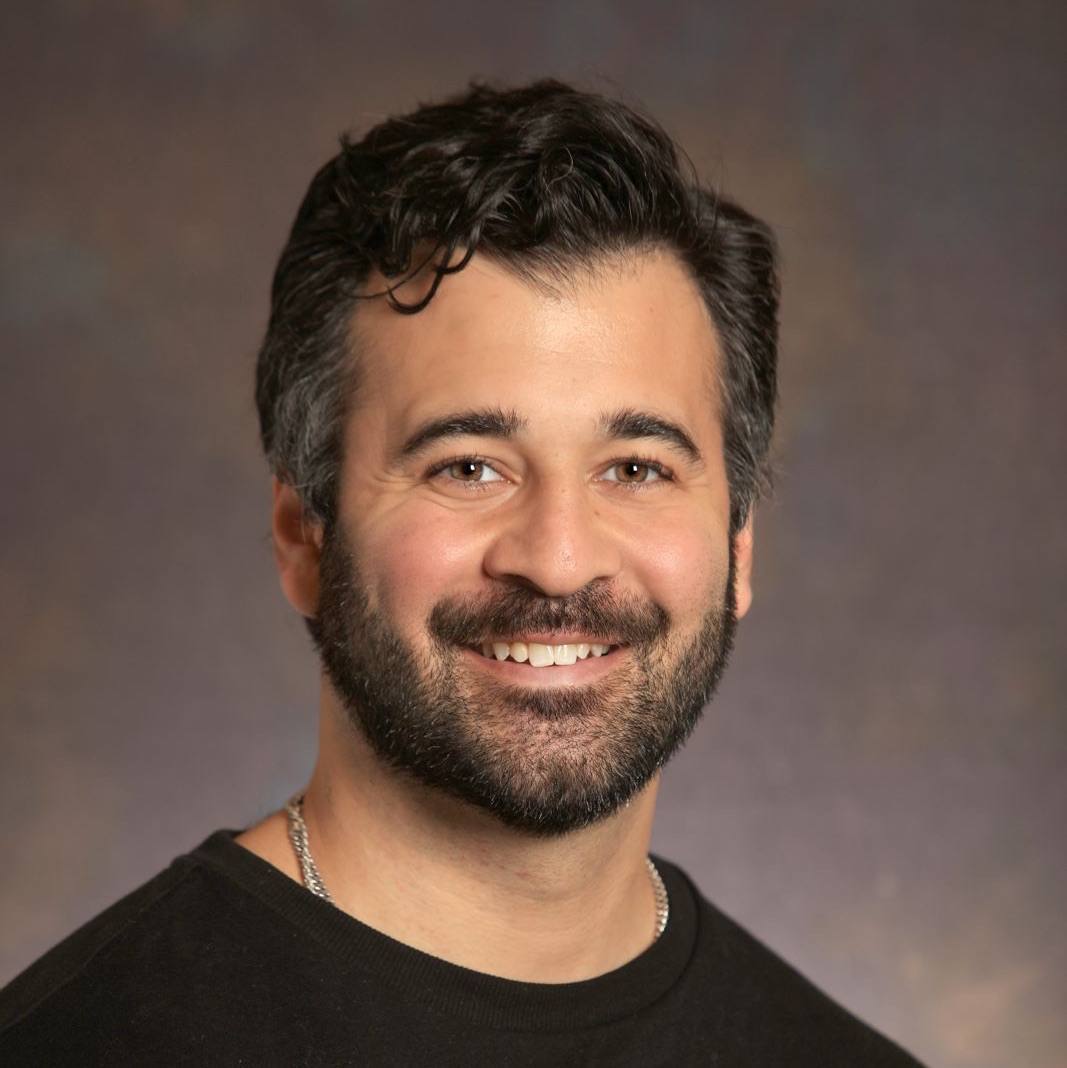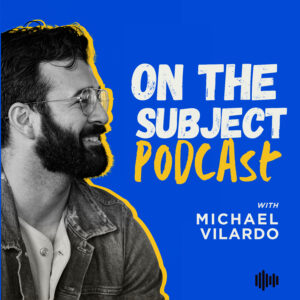#48 – Retired Antioch Interim Superintendent Robert Martinez on Recipes for Resilience [VIDEO]

On This Episode

Guest: Robert Martinez
Interim Superintendent and Chief of HR, Antioch Unified School District

Host: Michael Vilardo
Co-Founder and CEO of Subject.com
Episode Transcript
Michael Vilardo (00:12-00:36):
Welcome back to another episode of On the Subject. I’m your host, Michael Vilardo, co-founder and CEO of Subject, Subject.com. I have an incredibly special guest today. Reminder, we are on the search for the most innovative school leaders across the country. We’re in our home state of California, up the beautiful central coast in Monterey, with am incredibly special guest who’s actually in his final year of being Superintendent. Robert Martinez from Antioch.
Thank you so much for joining us today.
Robert Martinez (00:37-00:39):
Thank you so much Michael, pleasure to be here.
Michael Vilardo (00:39-00:46):
Absolutely, and it’s going to be an amazing conversation. So we always love to ask the why, why are you in this industry? Why do you want to help?
Robert Martinez (00:47-01:31):
Okay, so I’ll give you the nickel version of the $5 story. I was actually a school psychologist when I started my career in 1987. So I was in Southern California, moved up to Northern California, went to school and decided to be a school psychologist. I came into a district, Fairfield-Suisun Unified School District, for 32 years.
In that 32 years, I was a psychologist for my career. Transferred over to site administration, being an assistant principal, went down to human resources as a director and associate superintendent, and left Fairfield-Suisun for the 32 years to go become a superintendent. So I spent a year in Mount Diablo, big district in California, during the pandemic.
Michael Vilardo (01:31-01:32):
That was easy.
Unknown Speaker (01:32-01:32):
Big problems.
Robert Martinez (01:33-01:50):
And then so I transferred away from there, participated in another technology academy for a year and a half, and then found my way to Antioch. And I was actually the chief of Human Resources. Kind of went back to that role, tapped on the shoulder about a year ago to say, and we needed to be the superintendent. So I’ve been doing two jobs.
Michael Vilardo (01:50-01:58):
Well, I saw that on your name tag and I’m like, this guy is chief HR and superintendent. I’ve never heard of that before. How do you wear so many hats?
Robert Martinez (01:58-02:20):
It’s very busy. But a lot of it has to do with again. Building a team, building a team of people that you can work with, you can trust, focusing on those relationships. And so I’ve been very proud to have a great team right now as I look towards my retirement and move away from the school district. So they’re going to find a couple of people to do the jobs that I’m doing, but it’s okay.
Michael Vilardo (02:21-02:21):
Yeah.
Robert Martinez (02:21-02:22):
That’s the way education works.
Michael Vilardo (02:22-02:34):
Well, so you have had such a plethora of roles, it’s so impressive, and so you have a real holistic understanding of both the learning and the teaching experience. What have you seen change the most since 1987? That’s a really long career.
Robert Martinez (02:34-03:09):
It’s a long time, so well, one of the things that I did just over the course of reflecting on my own success. Because it wasn’t just about me, it was about people helping me through. So that’s a theme of mine wherever I am. Whether it’s working directly with a student and their parents to help their education get better, or a team of teachers to help their instruction get better, or developing leaders, I’ve always focused on trying to help people understand where they’re in the system so that they can move forward. So one of the things that I did do over the last couple of years is I wrote a book. It’s called Recipes for Resilience.
Michael Vilardo (03:10-03:10):
Where can we find this?
Robert Martinez (03:10-03:12):
You can find it on Amazon.
Michael Vilardo (03:12-03:12):
Okay.
Robert Martinez (03:12-03:37):
It’s through DBC incorporated, David Burgess incorporated as a publisher. But it’s recipes for resilience, nurturing perseverance in students and educators. Because, really, as people, we need to recognize the strengths we do have. And so in this book, I tell a little bit of my own story growing up as a young man, having some family trauma, leaving home at 16.
Michael Vilardo (03:37-03:39):
Why did you leave home at 16?
Robert Martinez (03:39-04:07):
Well, oh, now you’re going to get intense. It really was my father who… my mother passed away when I was 13, so my father really struggled. He didn’t have the mental health supports or a strong structure for himself.
He did find another person to hang out with, but that became a very bad home situation. So, based under my upbringing where I was, I just knew I needed to escape.
Michael Vilardo (04:07-04:08):
Where’d you go?
Robert Martinez (04:08-05:58):
So that’s a great question. So I ended up at one of my brother’s houses and he said, no, you can’t stay here.
So I went to the other brother’s house and he said, yes, you can stay here. But that was my brother George, and the story behind my brother George, just quickly, is that he actually was a self-made Delta Airlines executive. Like no college education, and worked his way up to a high level administrative position. So when I started living with Brother George, I was on my way to, like the prison, the pipeline, pipeline to prison, is where I was going. But he said, Well, if you’re going to stay here, we’re going to reset the ground rules.
You’re going to get a job, you’re going to go to school, you’re going to do the things that you need to do to develop your own personal responsibility. Because I had tenants of that as a kid, then lost it through that trauma of the family. So now, living with my brother George built this whole recipes for resilience that really falls back to an individual making decisions with the support that they have. A lot of people have support that they don’t recognize, and so when we connect them to their own support systems. I think this is a way for children and for adults, and they start realizing we do resources. I have skills and I’ve been empowered with that. Then we use it and then you get to your next step and you see your success.
But many people fail to recognize even the simple steps of success. When you do recognize those steps of success, you’re getting a little bit more confident, feel a little bit better in that environment. And so I feel that way for educators right now… they have to recognize their own successes. And for our students… we want our students to be so empowered that they’re like, of course, I’m going to school, of course, I want to do my math and my reading and whatever it happens to be.
That’s where I think about transitioning, from “you have to learn what we want you to learn”, to “we want you to learn everything when you’re ready to learn.”
Let’s talk about Subject
345 N Maple Dr. STE #130
Beverly Hills,
CA 90210, USA
Support
contact@subject.com
Academics
accreditation@subject.com
Customer Hub
Login
Support
Success Stories

